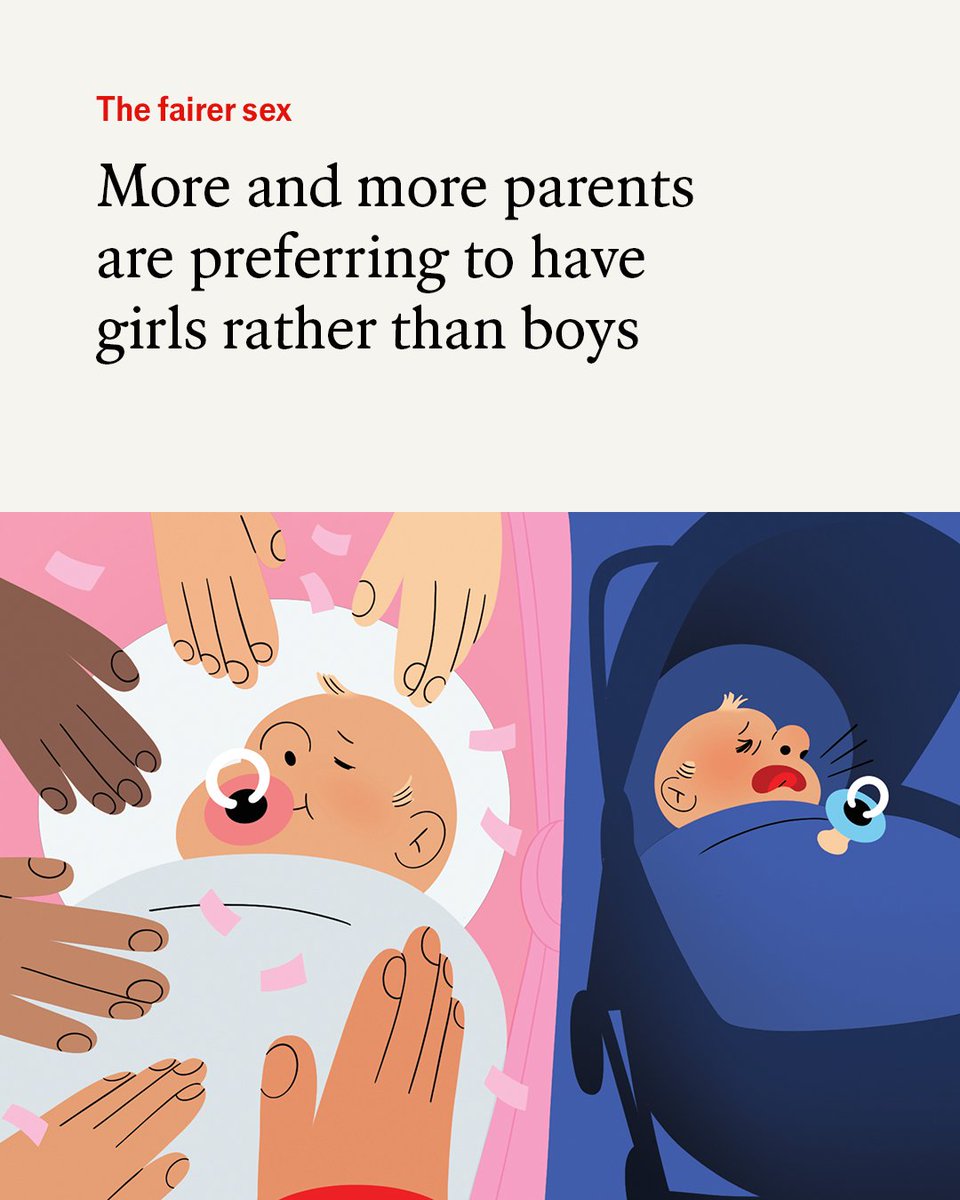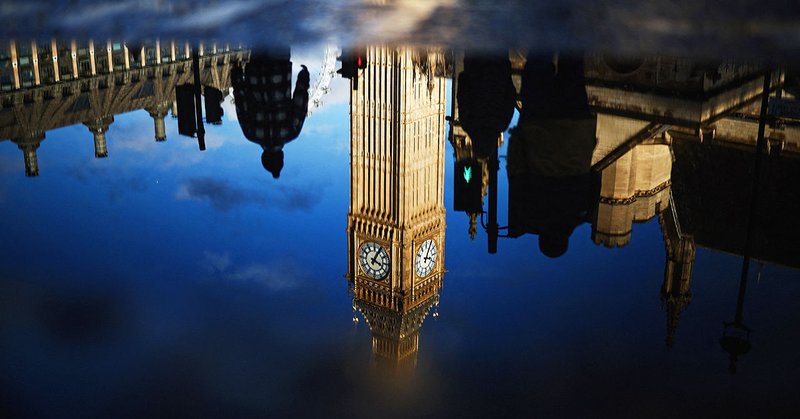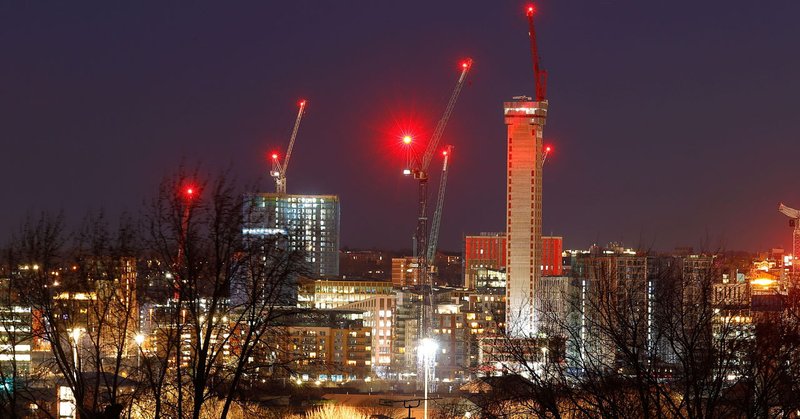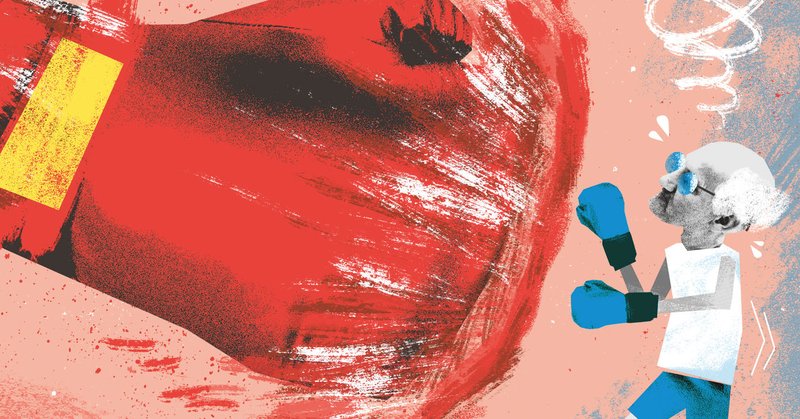
Vinjeru Mkandawire
@VinjeruM
Followers
2K
Following
116
Media
1
Statuses
208
Britain Correspondent covering biz/finance at @TheEconomist | London via Lilongwe
London, England
Joined January 2015
My cover story this week is on a remarkable global shift: the diminishing preference for baby boys around the world - and the first inklings of a bias towards girls. I'd love for you to read it.
The reasons behind the growing preference for girls and the relative devaluation of boys are not at all clear. But the social ills that afflict men in much of the rich world may play a part Illustration: Alva Skog
1
2
3
RT @TheEconomist: Wealthy people are often accused of crying wolf. This time feels different
economist.com
Wealthy people are often accused of crying wolf. This time feels different
0
15
0
RT @EmmaVictoriaF: A very interesting read, thank you @VinjeruM and congrats on the cover story!.
economist.com
Millions of girls were aborted for being girls. Now parents often lean towards them
0
1
0
RT @TheEconomist: “Girls are increasingly considered the prize.” @VinjeruM tells “The Intelligence” why parents’ long-standing preference f….
economist.com
Also on the daily podcast: Germany’s army expands and should you drink more coffee?
0
8
0
RT @TheEconomist: The noxious practice of aborting girls simply for being girls has become dramatically less common. The preference for hav….
0
137
0
RT @TheEconomist: Newsletters are at the heart of The Economist’s digital strategy. If you have a strong understanding of how the format wo….
economist.com
We are recruiting a journalist in London to produce a range of newsletters
0
8
0
RT @ArchieHall: Six months after the election: growth is slow, businesses are grumbling, bond markets are sceptical. What's gone so wrong f….
economist.com
Tax rises were inevitable. Such a shaky start was not
0
3
0
RT @TheEconomist: The decline in remote working hits Britain’s housing market
economist.com
A return to the office means a return to town
0
30
0
RT @duncanrobinson: Column, slightly off the news: How British-Nigerians quietly made their way to the top.| A story of modern migration ha….
economist.com
A story of modern migration has had extraordinary results
0
163
0
RT @TheEconomist: Farmers in Britain have sought alternative income streams for decades. But while their decision to diversify may not be n….
economist.com
More and more farmers are diversifying into hospitality
0
7
0
RT @TheEconomist: Only two months ago he was cleared in a vast American fraud case. The entrepreneur had been looking forward to his “secon….
0
8
0
RT @TheEconomist: Britain’s oil and gas industry is facing an uncertain future, and a disorderly decline risks making it harder for its wor….
economist.com
Small operators in the North Sea are struggling with a tax squeeze
0
8
0
RT @halhod: This week's issue of @TheEconomist goes big on solar. A quick thread on everything that's in the issue, which is one of the mos….
0
105
0
RT @TheEconomist: In its courtship of business, Sir Keir Starmer’s Labour Party promises stability and growth. But Britain’s bosses have wo….
0
21
0
RT @duncanrobinson: After "the Pinch" comes "the Punch": Britain's boomers are losing for the first time
economist.com
A generation used to having everything its own way is not happy
0
49
0
RT @TheEconomist: On “The Intelligence” @VinjeruM visits Canary Wharf, a glass-and-steel London business district that is transforming itse….
0
5
0
RT @TheEconomist: Vodafone was once worth more than Apple. What happened? The British telecoms company is trying to slim its way back to he….
economist.com
At the start of the century, the British telco was worth more than Apple. What happened?
0
5
0
RT @TheEconomist: London’s dockland district now has more homes, more fun and fewer offices. Read how working from home has reshaped Canary….
economist.com
London’s dockland district has more homes, more fun and fewer offices
0
10
0














